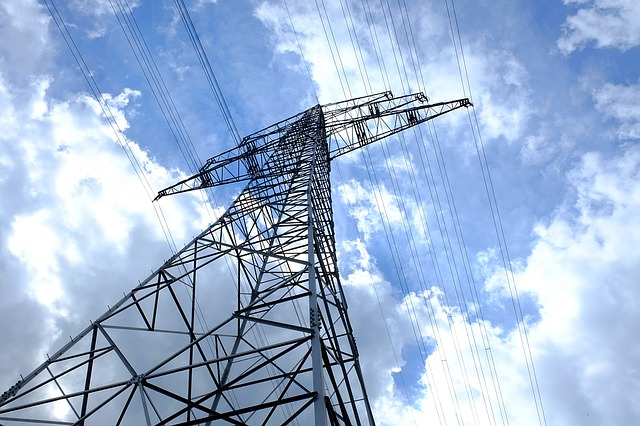Recertification of energy efficiency practitioners seen to boost compliance with EE Act
- April 15, 2024
- 0

Recertifying energy efficiency (EE) practitioners, according to the Philippine Energy Efficiency Alliance, Inc. (PE2), will help them fulfill their duties under Republic Act (RA) No. 11285 or the Energy Efficiency and Conservation Act.
In a report by Business World, PE2 President Alexander Ablaza said that recertifying practitioners would fortify their commitment to assisting the increasing number of designated establishments (DEs) in the industrial, commercial, and transport sectors.
This came after the Department of Energy (DOE) outlined a department circular pursuing the administration of certification for EE practitioners.
Both energy managers (EMs) and energy auditors (EAs) are required to hold a three-year certification.
Furthermore, the circular stated that the energy department had instituted training regulations for CEMS as well as CEAs, which had regulated the first phase of the certification.
Ablaza stressed that policy directives should be established to assist the government in keeping records and ensuring that these practitioners are involved in their respective projects and not repositioned to other sectors.
Additionally, the PE2 president said that there’s still a shortage of EE practitioners, essential for achieving the goal of saving around 182 Mtoe (millions of tons of oil equivalent) in energy by 2040.
The firm lauded the department for its effort to require accreditation for recognized energy auditors, managers, and energy conservation officers.